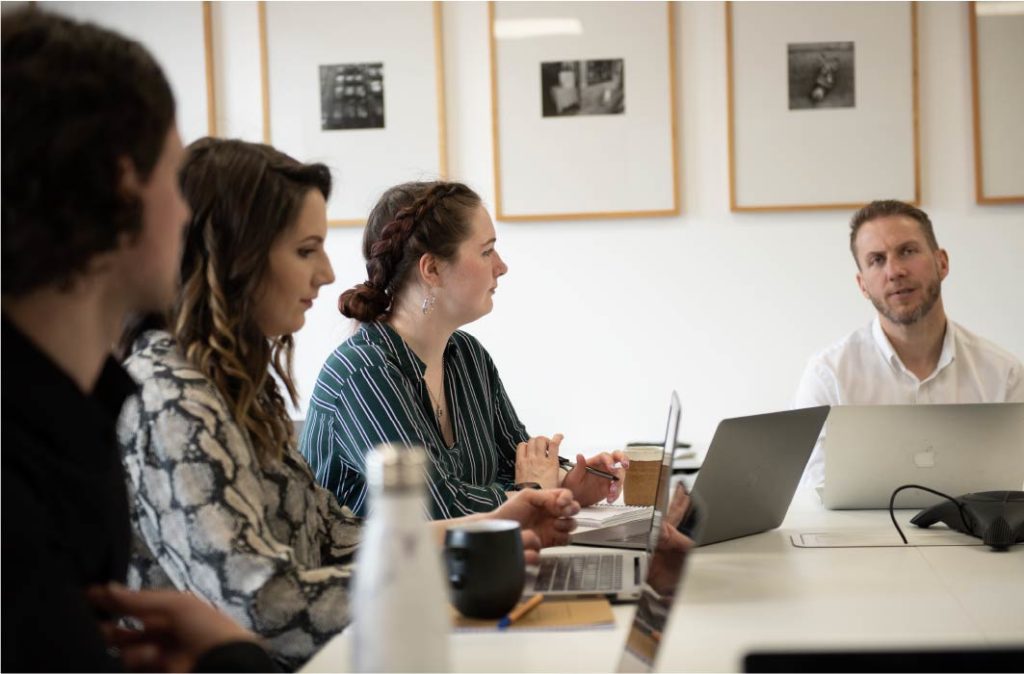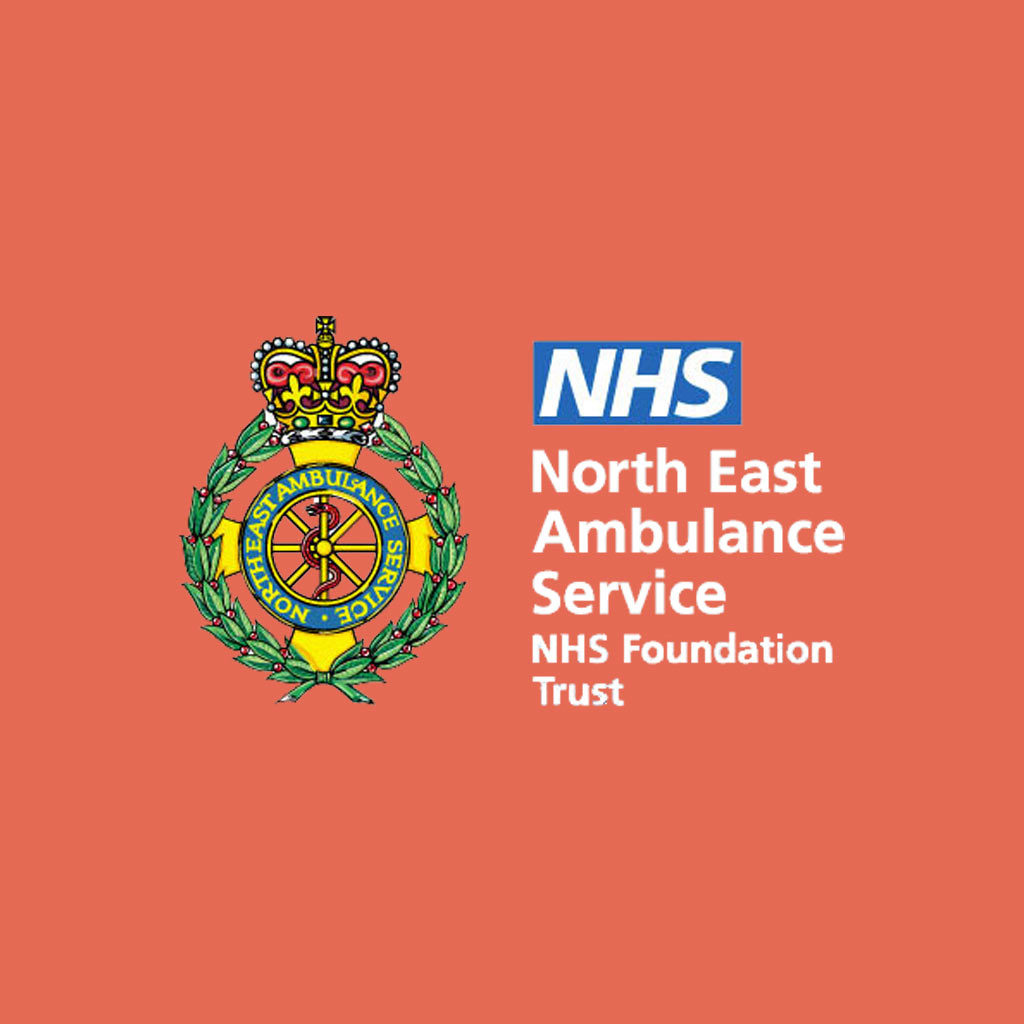We have written a lot of bids, we’ve won a lot, but we’ve also lost a few. In order to support our clients and ourselves better, we constantly review both winning and losing bids, to analyse what can be improved.
Common themes emerge amongst unsuccessful bids, many of which we will discuss in more detail on the blog:-
- Unclear sales strategy
- Poor knowledge of the competition
- Little solution design
- Pricing strategy wasn’t correct
- Lack of knowledge of the customer and evaluators
These are all important, and most often price will be the factor cited. But with good market knowledge, an understanding of evaluators, strong competitor analysis, the correct price should be a solvable problem.
Solution design is different. It’s critical that you as a tendering organisation understand what it is that you are trying to solve, and how you are solving it. It’s too simplistic to say, for example, “We have a smoking cessation service, and we will sell it to commissioners.” If all bidders take that approach, then the evaluator’s decision will come down to price alone.
On the other hand, if you spend the time to work through solution design, then a different result can be achieved. Questions of your own services need to be asked, questions that are often challenging:-
- What does the commissioner want, not what do we have?
- How should our services meet that need?
- How do our services currently operate?
- How would we move our services from where they are now to where they need to be?
- Where do we add value?
- Does our service meet the needs of the contract in it’s final year, not just in the first yea?
And so on!
In answering these questions, you can often build up a very effective sales strategy, as well as an operational plan of action.
However, these are difficult questions to ask and work through, especially where a service has followed a pattern of working for a long period of time. That’s why a large proportion of our clients use us to manage the solution design process, and integrate it into the bid. That way an external person can work through difficult areas without preconceived ideas, and make sure that these are reflected in the final submission.
Have a think about your service, and you commissioners. How do you measure up to the questions above?
(PS – don’t forget our free training offer!!)






